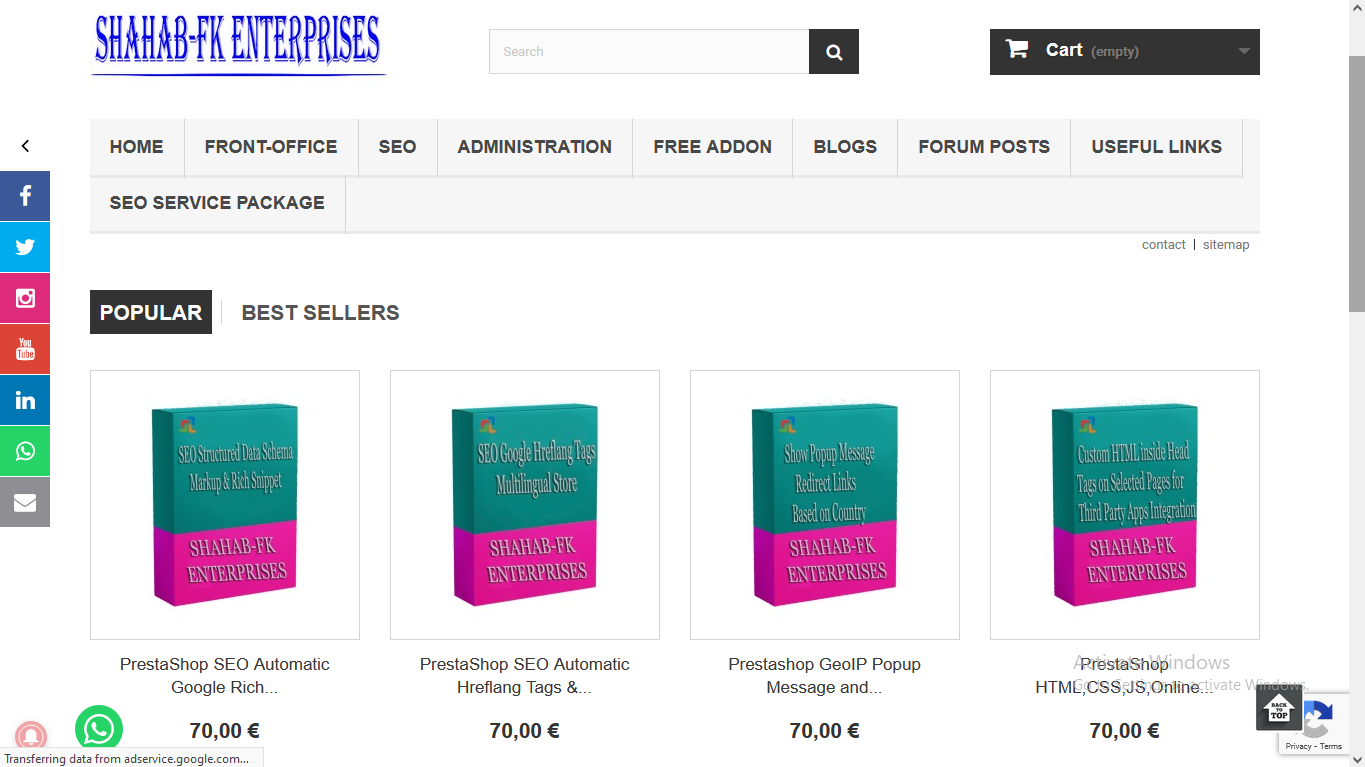Ways To Properly Evaluate A Potential New Web Designer Whether you agree with it or not, first impressions can make a difference and with online web properties, this possibly holds more true than other mediums. With the increase in technology plus the continual improvements in broadband speeds and the prevalence of ads in almost every place we look, attention spans have been reduced to practically non-existent. Web visitors have analyzed your website in under 8 seconds so assuming the demand for your product or service is enough will leave you scratching your head with all the bounce rates. Understanding this, hiring a web designer is an important part of your business. In the following paragraphs we’ll discuss critical skill sets you need to analyze to make sure you’ve chosen the best designer for your company.
Making Certain They Are A Web Designer
This may sound obvious however after interviewing a few candidates, you’ll come to realize that there are two major types of designers. Those focused on print media and others who are specialists on the web. Of course both skill sets blend together but a true web designer will have abilities that many print media designers will be lacking. The latter can modify templates and have a basic grasp of more complicated skills such as PHP or JAVA (types of web programming), but when a project requires some more complex web integrations they will be clueless on the solution versus a more experienced professional.
Ways to confirm this would be to check their credentials to see if they’ve been through any specialized education that highlight these abilities. One could require the potential candidate to take one of the available online assessment tests to help you gauge their ability. Last but not least, you can have them do a quick project for you that incorporates some of these elements. This has the benefit of seeing firsthand how they handle direction while also getting a better look at the next important factor.
How Do They Handle Time?
A huge problem with web designers is their ability to manage their time effectively which is not something limited only to this profession, however jobs that require “artistic” input is wrought with individuals full of these types of excuses. This in part has to do with the creative process involved with designing however a true professional will understand that working through problems is the best way to get inspired. Less than capable ones will constantly be behind schedule and be more of an expense than an asset to your company. Only problem with this metric is you may only discover this problem after hiring them. Just be aware of this and monitor carefully.
As you can see, we’ve only talked about two areas to help analyze a potential designer better. Of course there are many other factors, a major one being does their style match your company’s? A good designer will take your feedback into consideration but will also be strong enough to demonstrate why they are the experts and design something even better than you expected. That is exactly who you’d want to have on the team.

